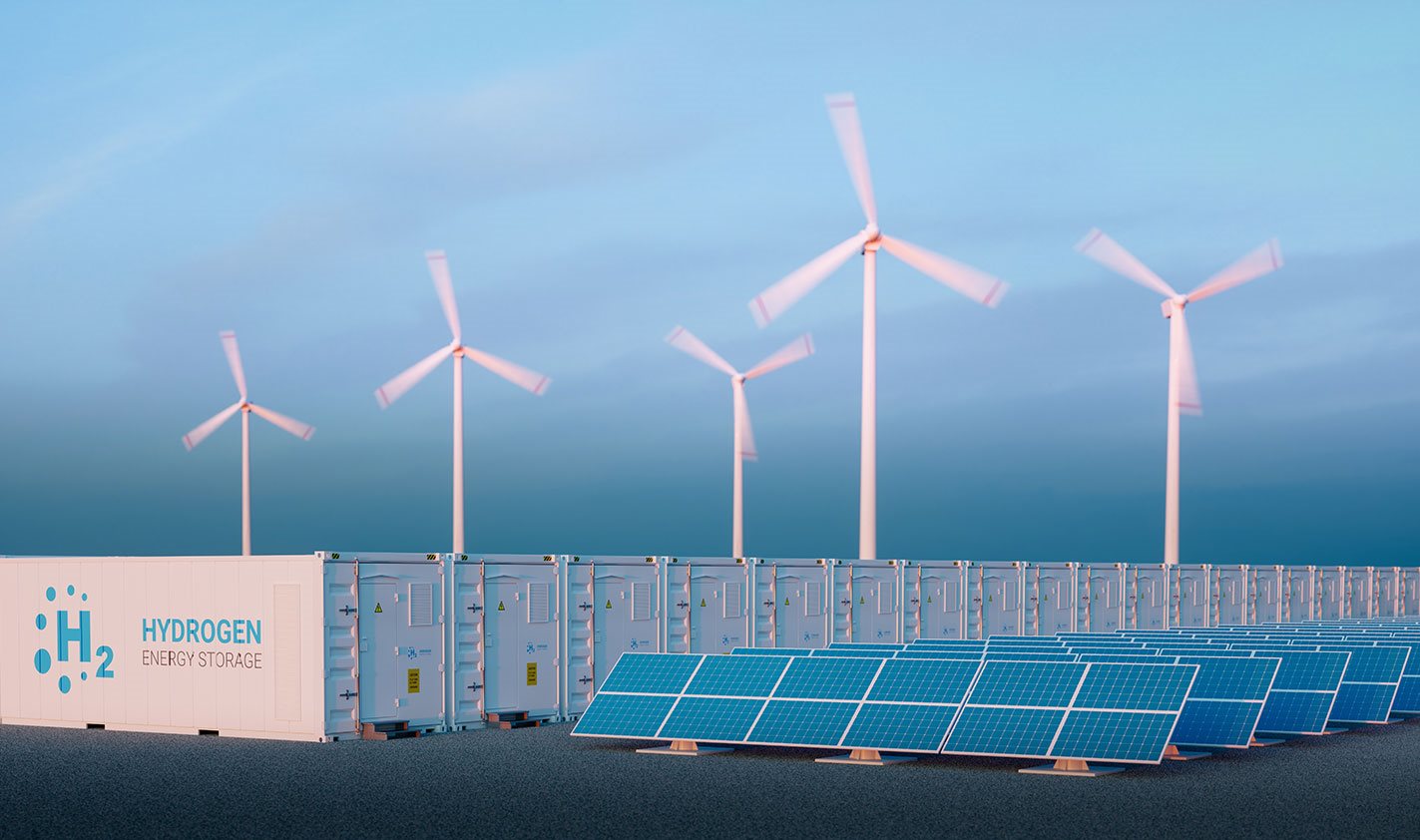Renewable Energy
Our offshore wind farm clients are market-leading operators that have a multitude of complex requirements. Building and maintaining wind farms often comes with significant financial risks, and our clients know that it’s vital to have the best staff and contractors on-site to ensure the project runs smoothly and to time. Clients come to us because they know we recruit to scale, do so efficiently and only put forward candidates who are a perfect fit for the project, reducing the likelihood of staffing delays.
We understand the challenges associated with off shore projects, the complexity of interfacing packages and the delays that can be encountered. We focus on providing locally based specialists in the first instance to help reduce costs. Many of these specialists are already on assignments with Quanta or have previously worked with our teams on previous projects.
With well-established relationships with numerous leading offshore and onshore wind organisations and a vast network of contractors in the field, Quanta are well equipped to supply the talent needed for both the Floating Wind and Solar markets to truly reach its potential.
Offshore Wind Areas

Below are the multiple packages that we can provide skilled resource on:
- Pre-construction
- Risk Management
- Engineering
- Onshore Construction
- Foundations
- Transport & Logistics
- Offshore Electrical Package
- WTG
- Commissioning
- O&M
What qualifications do I need to work on an offshore wind farm?
Working on an offshore wind farm often requires a combination of formal education and specific training:
Educational Background: A degree in engineering (mechanical, electrical, renewable energy, or environmental) is often beneficial for technical roles.
Safety Certifications: Offshore safety training, such as the Global Wind Organisation (GWO) Basic Safety Training, is crucial.
Technical Certifications: Depending on the role, certifications in electrical work, turbine maintenance, or other specialised areas might be required.
Physical Fitness: Due to the demanding nature of offshore work, you may need to pass a medical examination.
Experience: While not a qualification per se, prior experience in related fields can be advantageous.
How to get a job in offshore wind?
Securing a job in offshore wind involves a combination of education, networking, and industry knowledge:
Education: Begin by acquiring relevant qualifications, whether a degree or technical certifications.
Networking: Attend industry conferences, join renewable energy associations, or engage with professionals on platforms like LinkedIn.
Job Portals: Regularly check job boards specialised in renewable energy or broader engineering roles.
Internships: Start with an internship or traineeship to gain hands-on experience and make industry connections.
Stay Updated: The renewable energy sector is evolving rapidly. Keeping abreast of the latest technologies and trends can give you an edge.
What qualifications do I need to work on a wind farm?
Working on a land-based wind farm shares similarities with offshore qualifications:
Educational Background: A degree in engineering (often mechanical or electrical) or renewable energy is beneficial.
Safety Certifications: Safety training specific to wind farms is crucial. GWO Basic Safety Training is a standard in the industry.
Technical Training: Certifications in areas like turbine maintenance, electrical systems, or blade inspection might be required based on the job role.
Physical Fitness: Wind farm jobs can be physically demanding; some roles might require a medical examination.
Experience: Prior experience in wind energy or related sectors can give candidates an advantage.
How much does an offshore wind specialist earn?
The salary of an offshore wind specialist can vary widely based on their specific role, experience, qualifications, and location.
As of 2023, an entry-level technician in the UK might earn between £25,000 to £35,000 annually.
A more experienced offshore wind specialist, particularly those in senior or managerial roles, can earn upwards of £50,000 to £80,000 or even more.
Highly specialised roles or those requiring extensive experience might command six-figure salaries.
It's essential to consult updated industry salary guides or specific job listings for the most current information.
CREATEJOB ALERT
Keep up to date with all the latest vacancies relating to your own personal preferences- straight into your inbox.
Send us your CV
Upload your CV and select your preferred industry so we can ensure your CV goes to one of our specialist recruiters.






